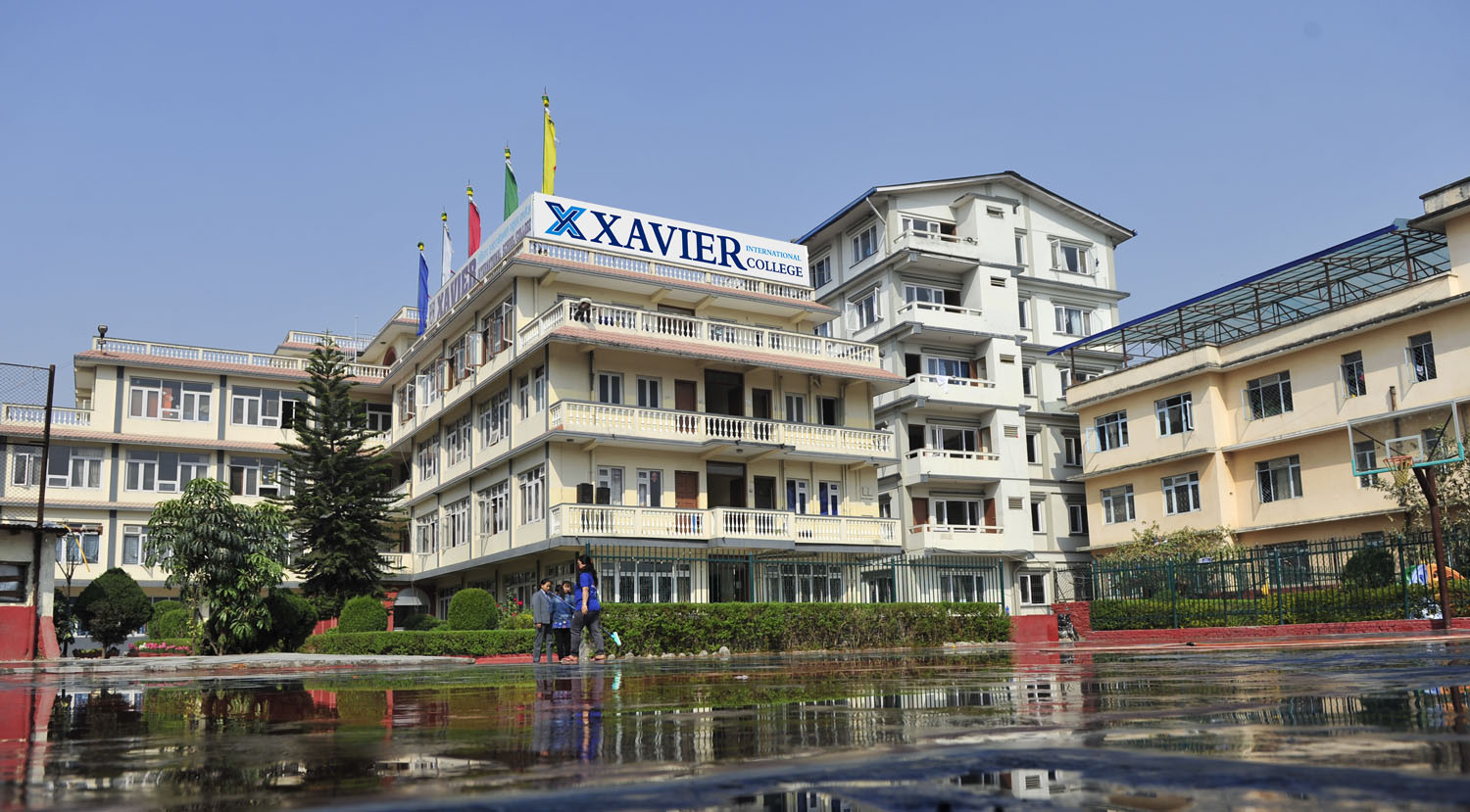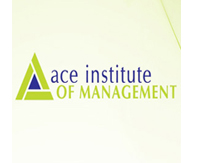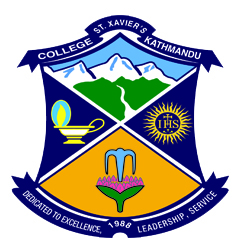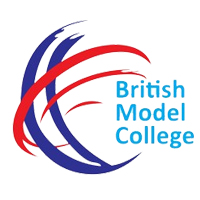Overview
GCE A Level (Non-Science) at Xavier International College, Kalopul, Kathmandu
GCE A Level Non-Science at Xavier International College (XIC), Kalopul, provides structured options in Management and Humanities for students aiming at business, economics, accounting, psychology, sociology, media, or policy studies.
The programme follows Cambridge International syllabuses, with details on subject clusters, scholarships, and campus contacts available through XIC Official details.

Overview
Non-Science A Levels at Xavier list two clusters—Management and Humanities. Both include English General Paper for academic communication, with advanced subjects mapping to undergraduate commerce, social sciences, and interdisciplinary degrees.
The college highlights a steady activity calendar that supports public speaking, research exposure, and community events linked to personal development.
Highlights
Duration: two-year advanced programme under Cambridge International
Location: Kalopul, Kathmandu (XIC A Level)
Clusters: Management and Humanities
Equivalence: A Level graduates later apply for Nepal Grade 12 equivalence as per CDC/Guidelines after meeting required subjects and documentation
Curriculum details
Management cluster
English General Paper, Accounting, Business Studies, Economics; Mathematics or Computer Science indicated as additional subjects in the college booklet. This set supports future study in business administration, economics, finance, marketing, and management information systems.
Humanities cluster
English General Paper, Sociology, Psychology, Economics; Computer Science appears as an added subject in the listing. Students aiming for social sciences, development studies, psychology, or media studies typically build from these choices.
Students follow Cambridge-issued syllabuses and sit exams by session. Families use university pages and the Cambridge recognition database to confirm course-specific subject requirements, grade thresholds, and any prerequisite mathematics.
Objectives
The Non-Science tracks cultivate analytical reading, structured writing, quantitative reasoning in economics and accounting, and social-science research habits. English General Paper trains argumentation and synthesis—skills widely requested by universities. Classroom work and activities focus on steady improvement rather than short-term cramming.
Scope
Your subject set shapes undergraduate direction:
Business and economics
Management cluster aligns with BBA/BBM, economics, finance, and accounting. Mathematics strengthens readiness for quantitative modules in the first year of university.
Psychology, sociology, media, development
Humanities cluster leads toward psychology, sociology, social work, media studies, international relations, or development studies. English General Paper helps with essays, interviews, and personal statements.
Students who intend to study outside Nepal should verify each university’s A Level subject rules; some programmes require Mathematics or a specific grade in Economics or Accounting. The Cambridge recognition search tool remains a useful first check.
Learning outcomes
students learn to
– write clear, concise arguments with reliable citations and data support
– interpret business cases and economic graphs for decision-focused questions
– work with accounting concepts and basic modelling where required
– examine social issues using evidence and ethical awareness
– present findings using slides, short reports, and formal discussion formats
Skill development modules
The college booklet points to skills sessions and extracurriculars that develop presentation, teamwork, and problem-solving. Events, clubs, and exposure programmes encourage balanced growth alongside exam preparation.
These activities help create a portfolio of work that students can reference in applications and interviews.
Teaching methodology
Faculty in the Non-Science stream use guided practice, past-paper sets, and feedback cycles to prepare students for Cambridge assessments.
The booklet refers to a fixed calendar and sensible provisions for exam timing within school and Cambridge rules. Students communicate with the campus office for entries and results schedules.
Admission requirements
Applications are handled at Kalopul with phone and email contacts listed on the Xavier site. The office coordinates document checks, placement counselling, and registration windows.
Prospective students should ask about any internal placement tests, counselling dates, and scholarship forms.
Career opportunities
Management A Levels feed into commerce and management degrees, then into roles in analysis, accounting, marketing, operations, and entrepreneurship. Humanities A Levels feed into social sciences and media, later connecting to programme roles in NGOs, policy research, development communication, education, and human services.
Each route depends on grades, subject selection, and the target university’s entry conditions. Use the Cambridge recognition database to cross-check.
Scholarships and financial aid
The A Level booklet lists scholarship categories by stream with seat counts across outstanding awards, entrance awards, and SEE-top awards. Policies change by intake; applicants should confirm the current year’s list with the campus office.
Why choose this course?
Non-Science A Levels at Xavier provide clear clusters with English General Paper anchoring academic writing. Management adds quantitative choice points through Mathematics; Humanities builds social-science depth through Sociology and Psychology. Both routes connect well to common undergraduate options in Nepal and abroad. Kalopul contact points simplify enquiries about placement and scholarship windows.
Conclusion
GCE A Level Non-Science at Xavier International College offers structured subject maps for commerce and social sciences. Students complete two years under Cambridge assessment and then seek Grade 12 equivalence per Nepal’s guidelines. Keep track of exam series, subject combinations, and certificates for smooth university applications in Nepal or overseas.



















